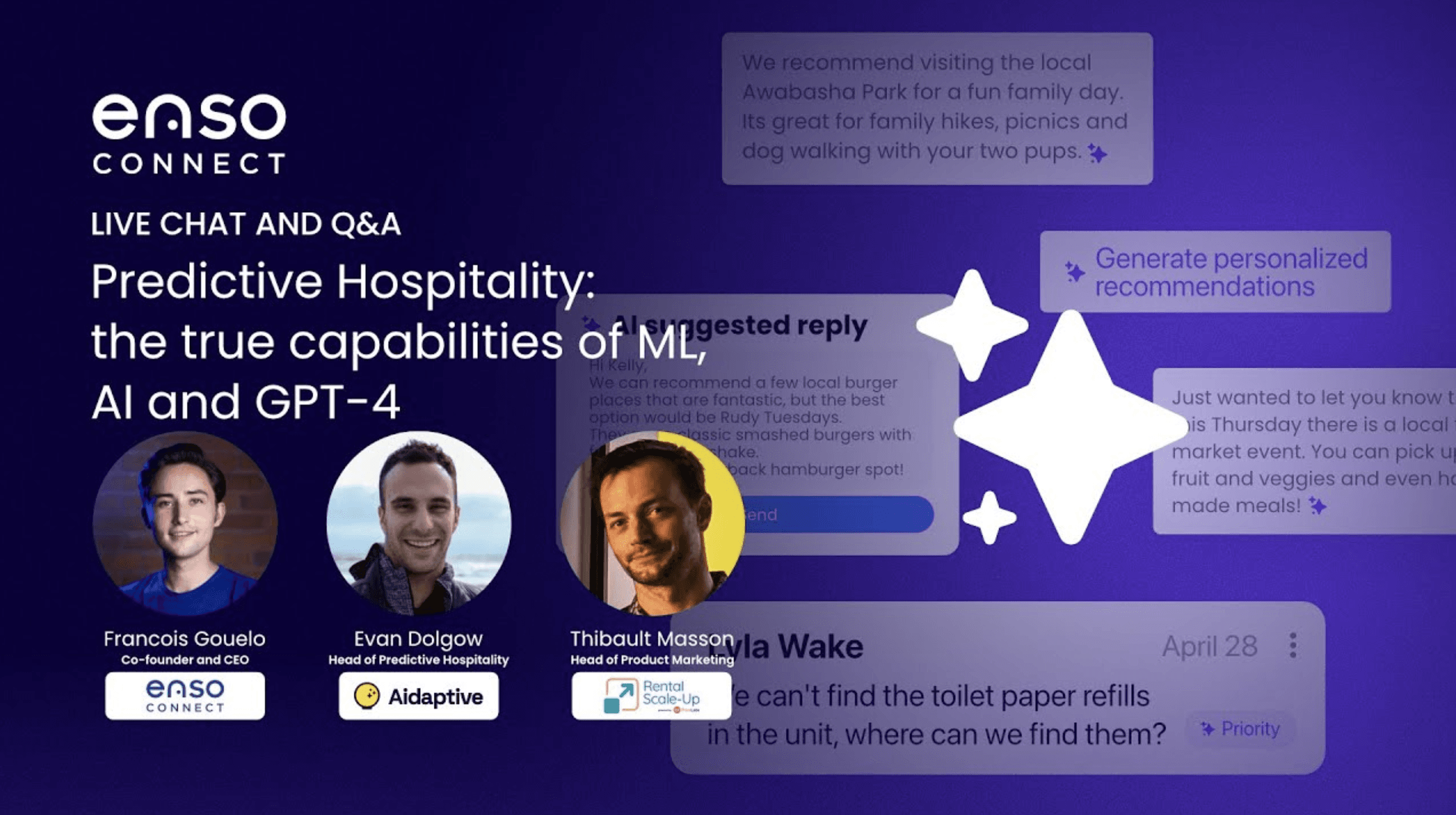Blog
Discover the latest articles from our team about the industry, product updates and essential information that will help improve your rental business.
Recognized as industry leaders





canadian Office
488 Wellington Street West
Toronto, ON Canada
Spanish Office
Luxa, Glories, Carrer de Tànger
86, 08018 Barcelona, Spain
2026 Enso Connect ™ All rights reserved.
Recognized as industry leaders





canadian Office
488 Wellington Street West
Toronto, ON Canada
Spanish Office
Luxa, Glories, Carrer de Tànger
86, 08018 Barcelona, Spain
2026 Enso Connect ™ All rights reserved.
Recognized as industry leaders





canadian Office
488 Wellington Street West
Toronto, ON Canada
Spanish Office
Luxa, Glories, Carrer de Tànger
86, 08018 Barcelona, Spain
2026 Enso Connect ™ All rights reserved.
















































































































